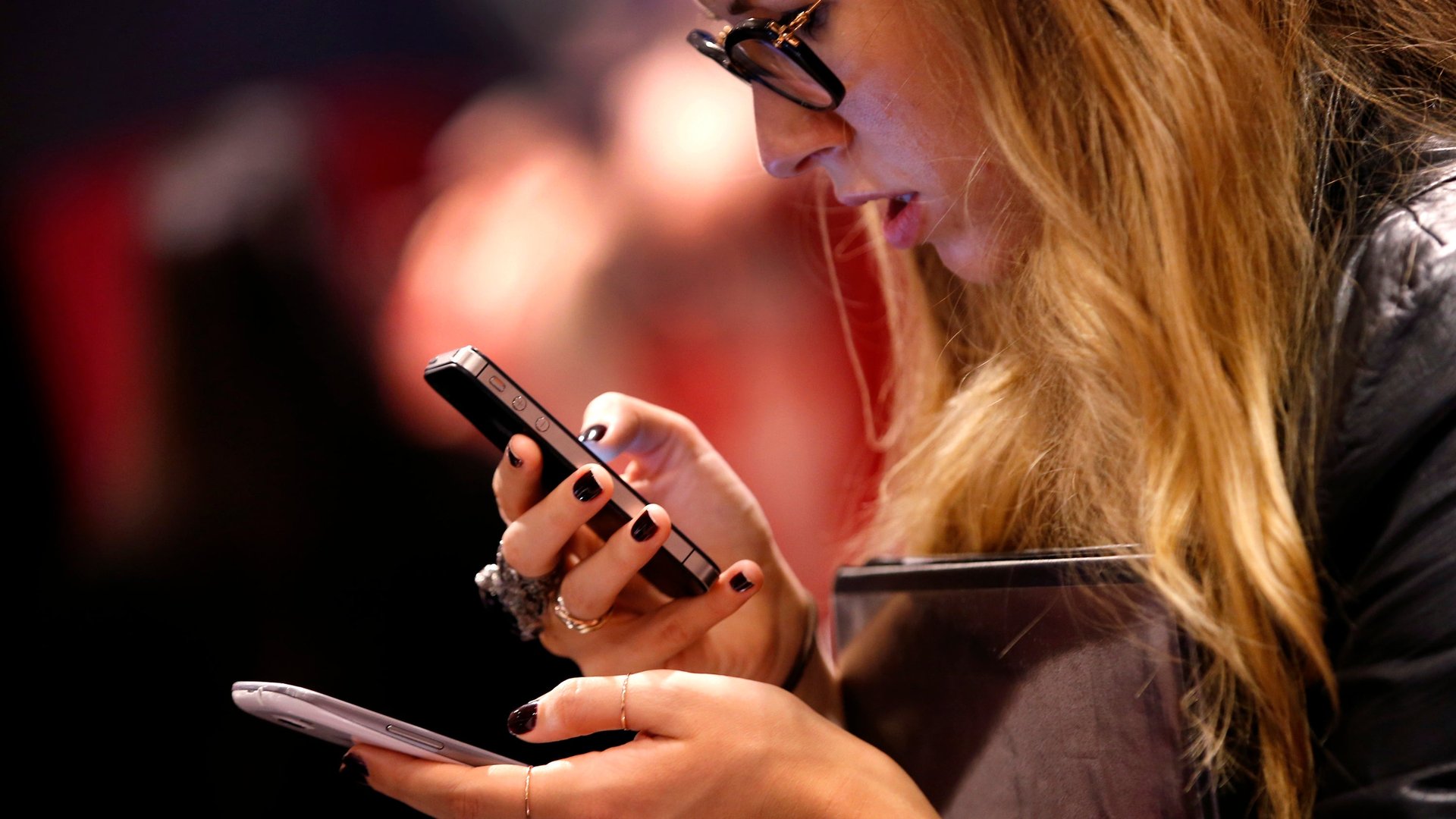Startups like Casper are using Silicon Valley flash to make us forget their products are actually boring
Today’s startups are masters of pithy copy and appealing logo design. But if you look past the Silicon Valley flash and examine what they’re actually offering, it’s hard to ignore a simple reality. A lot of startups are masquerading as tech companies in order to cover up the fact that what they do is actually pretty boring.


Today’s startups are masters of pithy copy and appealing logo design. But if you look past the Silicon Valley flash and examine what they’re actually offering, it’s hard to ignore a simple reality. A lot of startups are masquerading as tech companies in order to cover up the fact that what they do is actually pretty boring.
Turn on a podcast or scroll through Instagram, and you’re bound to hear ads from companies vowing to take the pain and friction out of doing laundry (FlyCleaners), cleaning your apartment (Hassle), and going to the post office (Stamps.com). There are startups that will save you the heavy responsibility of buying underwear (MeUndies), choosing a healthy snack (Nature Box), purchasing tampons and a toothbrush every few months (LOLA, quip), or turning off your heater before you leave the house (Nest).
The advertisements’ tone is uniformly upbeat; the solutions, naturally, capitalistic. But while these startups may have a website or slick app instead of a brick-and-mortar storefront, they ultimately peddle quite ordinary products or services—not a unique piece of code, a fresh way to communicate or a new way to travel. Yet by taking a page from the Silicon Valley playbook and employing an upbeat change-the-world ethos, monosyllabic name, and cookie-cutter minimalist aesthetic, they’re attempting to hoodwink us into believing they’re doing something much more revolutionary.
Take, for example, Casper. I can nearly recite Casper’s ad spot verbatim, thanks to its dogged determination to “flip the mattress industry on its head” by buying airtime on nearly every podcast I listen to.
Though I’ve never tried them, I am sure Casper’s mattresses are comfortable. And it is cool they are delivered in a flat box for maximum convenience. But buying a mattress is still a relatively boring activity that most people do maybe once every decade. That fact seems to be hugely overshadowed by their near-inescapable marketing, insistence that mattresses are in fact “tech hardware,” and a fawning press heralding the company’s “innovation.” By all means, Casper, make buying a mattress easier. But promising that “every day [will be] brimmed with brilliance” once I start sleeping on your particular brand of foam seems like a stretch.
Then there is the “clean eating made easy” service known as Everdine. Setting aside the troubling suggestion that some foods are “dirty” by comparison, I’m also bewildered by the Facebook ad I see almost every day: “You pick. We cook. We Deliver. You enjoy.”
That … sounds a lot like regular takeout to me. But Everdine seems to be targeting an audience accustomed to documenting their meals on social media; the photograph in the ad is bathed in gauzy light. In truth, the app may help people figure out what to eat—but that’s nothing Trader Joe’s or the Thai restaurant on the corner can’t do too.
Now, I get that this is how marketing and capitalism works. Much in the way that the rise of the “Airspace” aesthetic has conditioned us to seek out colorful rugs on distressed white floors, the success of actually innovative companies like Uber, Skype, and Tinder have made us associate minimalist interfaces and friendly-sounding but ambiguous company names with modern game-changer status.
The implicit suggestion from many convenience startups seems to be that by removing every small chore and errand from our to-do list, we will have more free time to ponder and solve life’s big questions.But the reality is that while subscription services may save us trips to Duane Reade and the shopping mall, they can’t help us avoid the mundane realities of being human.
Being human is a little boring sometimes—but that’s not so bad. Routine, tedium, and quotidian chores serve a purpose. They give our minds time to wander, balance out the parts of our days or weeks when life is running full throttle, and ground us in reality. So even if the dull parts of the human experience can be disrupted, I’m not sure we want them to be. We all need an excuse to walk to the corner shop now and then.